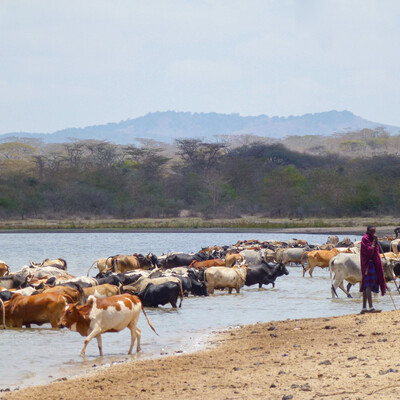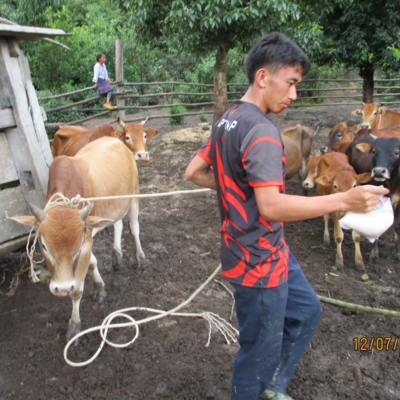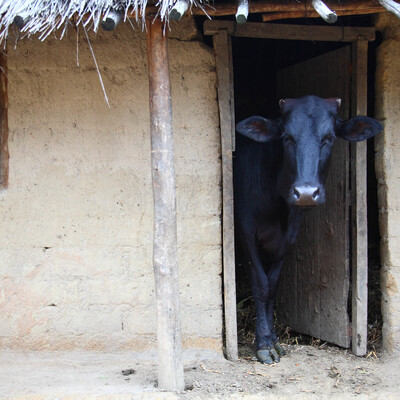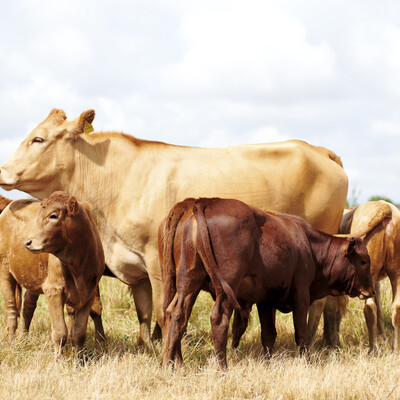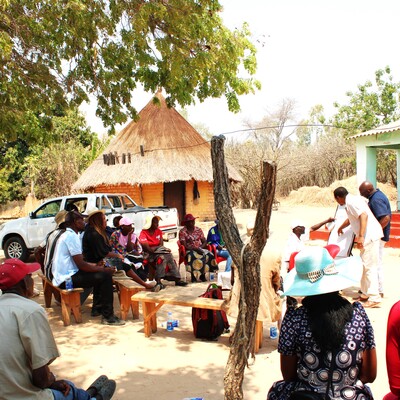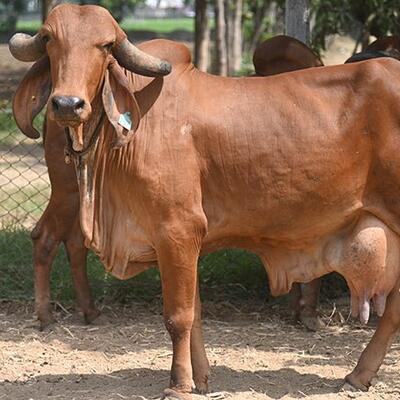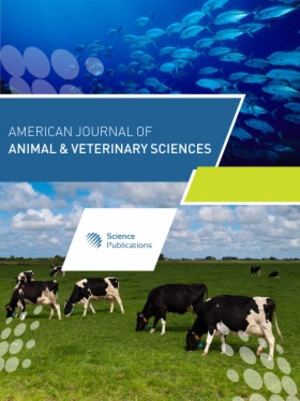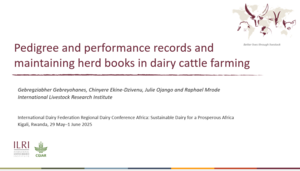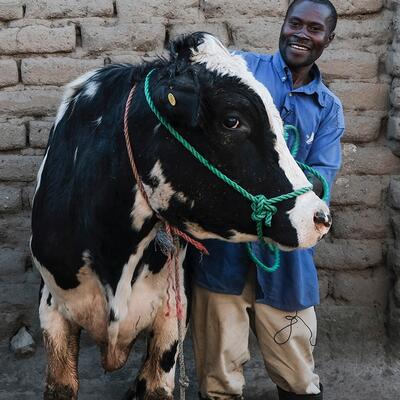
Addressing the challenges of cattle and beef trade in Nigeria
Livestock play a key role in many smallholder farmer households across the developing world. Animals offer numerous livelihood options including income and food in the form of meat, milk and eggs. To many, animals are a secure source of daily food and nutrition.
In Nigeria, cattle are important livestock, given the prominence of beef consumption in the country. About 99% of Nigeria’s cattle population is kept in smallholder and pastoral systems using indigenous production methods. But the domestic production of cattle is unable to meet the country's growing demand for beef.
One of the reasons for the sector’s inability to meet this demand is weak market structures for cattle in the country. An ongoing study by scientists from the International Livestock Research Institute (ILRI) shows that poor cattle productivity limits the supply of quality beef in the market and poor wholesale prices for cattle and beef are key bottlenecks in the value chain. Most meat handlers are also poorly skilled.
‘Though by far the largest single market activity in the country, cattle trade is also hampered by long distances to the market and between points of production and sale,’ said Joshua Aboah of ILRI West Africa, who led the study. ‘Most cattle producers are in the north of the country, but they sell their animals in the south, which brings with it significant distribution problems and high transportation costs. These, in turn, raise market prices for ordinary consumers.'
Enhanced production and marketing of the cattle and its by-products have the potential to improve the performance of the value chains. To improve beef distribution channels in the country, the researchers recommend increasing the supply to abattoirs and butchers. The study also urges producers to regulate the timing and proportion of cattle sales to curtail the tactics employed by wholesalers to exploit them.
In marketing, online auctions can serve as a virtual spot market that offers producers an alternative and efficient way to reach other actors besides wholesalers. But these strategies require substantial capacity building and market development investments to boost the producers' capacities for production, marketing and cattle inventory management.
The ongoing study aims to provide evidence to guide policies to improve livestock market efficiency and effectiveness, and the socio-economic conditions of cattle producers and other value chain actors in Nigeria.
Read more on the System dynamics modelling of the cattle value chain in Nigeria study.
Photo credit: Livestock keepers in the Bawku West District of the Upper East Region, northern Ghana (photo credit: ILRI/Georgina Smith).






